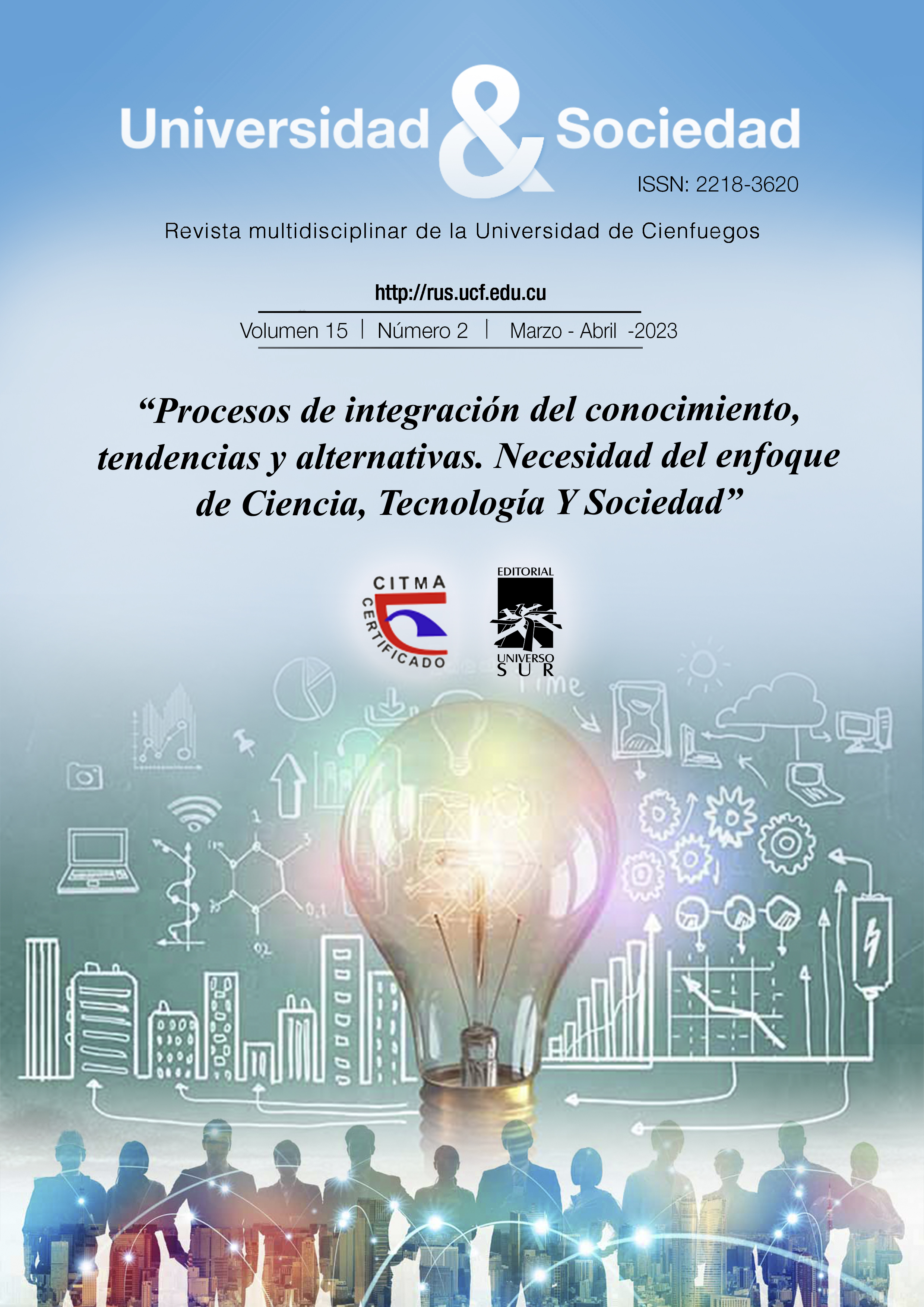Aplicabilidad del Protocolo Internacional de Derechos Económicos, Sociales y Culturales: Derecho a la educación en Afganistán
Resumen
La investigación tiene por objetivo Analizar la aplicabilidad del Pacto Internacional de Derechos Económicos, Sociales y Culturales, específicamente, en el contexto del derecho humano a la educación en Afganistán, siendo este uno de los derechos que conforman el catálogo de dicho Pacto, el mismo ha sido ampliamente criticado debido a que los derechos consagrados en él (derechos de segunda generación) son considerados por la doctrina como “costosos”, “derechos prestacionales” y, por dicho cariz se requiere indudablemente de la intervención del Estado para proveerlos, inclusive, en su manifestación más básica. A diferencia de los derechos de primera generación que se encuentran presentes en el Pacto Internacional de Derechos Civiles y Políticos, se busca la libertad de los individuos y el no intervencionismo por parte del Estado. Se emplea una metodología descriptiva con enfoque cualitativo en la revisión de documentos y el empleo de métodos teóricos como el analítico, sintéticos y el inductivo-deductivo. Como resultados se conoce que Afganistán es uno de los países que ha firmado y ratificado el Pacto DESC, sin embargo, la falta de un sistema educativo íntegro e igualitario para hombres y mujeres vulnera las disposiciones del Pacto Internacional de Derechos Económicos, Sociales y Culturales, pues no sólo es imposible hablar de una educación laica, sino igualitaria para ambos sexos lo cual trae aparejado diversas vulneraciones a los derechos humanos.
Palabras Clave:
Derechos Prestacionales, de Segunda Generación
Abstract
The purpose of this research is to analyze the applicability of the International Covenant on Economic, Social and Cultural Rights, specifically, in the context of the human right to education in Afghanistan, which is one of the rights that make up the catalog of the Covenant. This right has been widely criticized because the rights enshrined in it (second generation rights) are considered by the doctrine as "costly", "rights of provision" and, because of this nature, the intervention of the State is undoubtedly required to provide them, even in their most basic manifestation. Unlike the first-generation rights found in the International Covenant on Civil and Political Rights, the aim is the freedom of individuals and non-interventionism on the part of the State. A descriptive methodology is used with a qualitative approach in the review of documents and the use of theoretical methods such as analytical, synthetic and inductive-deductive. The results show that Afghanistan is one of the countries that has signed and ratified the ESCR Covenant, however, the lack of a complete and equal education system for men and women violates the provisions of the International Covenant on Economic, Social and Cultural Rights, since it is not only impossible to speak of a secular education, but also of an equal education for both sexes, which brings with it several violations of human rights.
Keywords:
Second Generation, Benefit Rights
Descargas
Publicado
Cómo citar
Número
Sección
Licencia
La editorial "Universo Sur", de la Universidad de Cienfuegos, publica la revista Universidad y Sociedad bajo la Licencia Creative Commons Atribución-NoComercial-SinDerivadas 4.0 Internacional (CC BY-NC-ND 4.0).
Usted puede compartir el material, sin fines comerciales, siempre que:
-
Atribuya adecuadamente (autores, revista, enlace al artículo y a esta licencia).
-
No cree obras derivadas.
-
Indique si ha realizado cambios.
Los autores conservan los derechos de autor.
Texto completo de la licencia: https://creativecommons.org/licenses/by-nc-nd/4.0/










